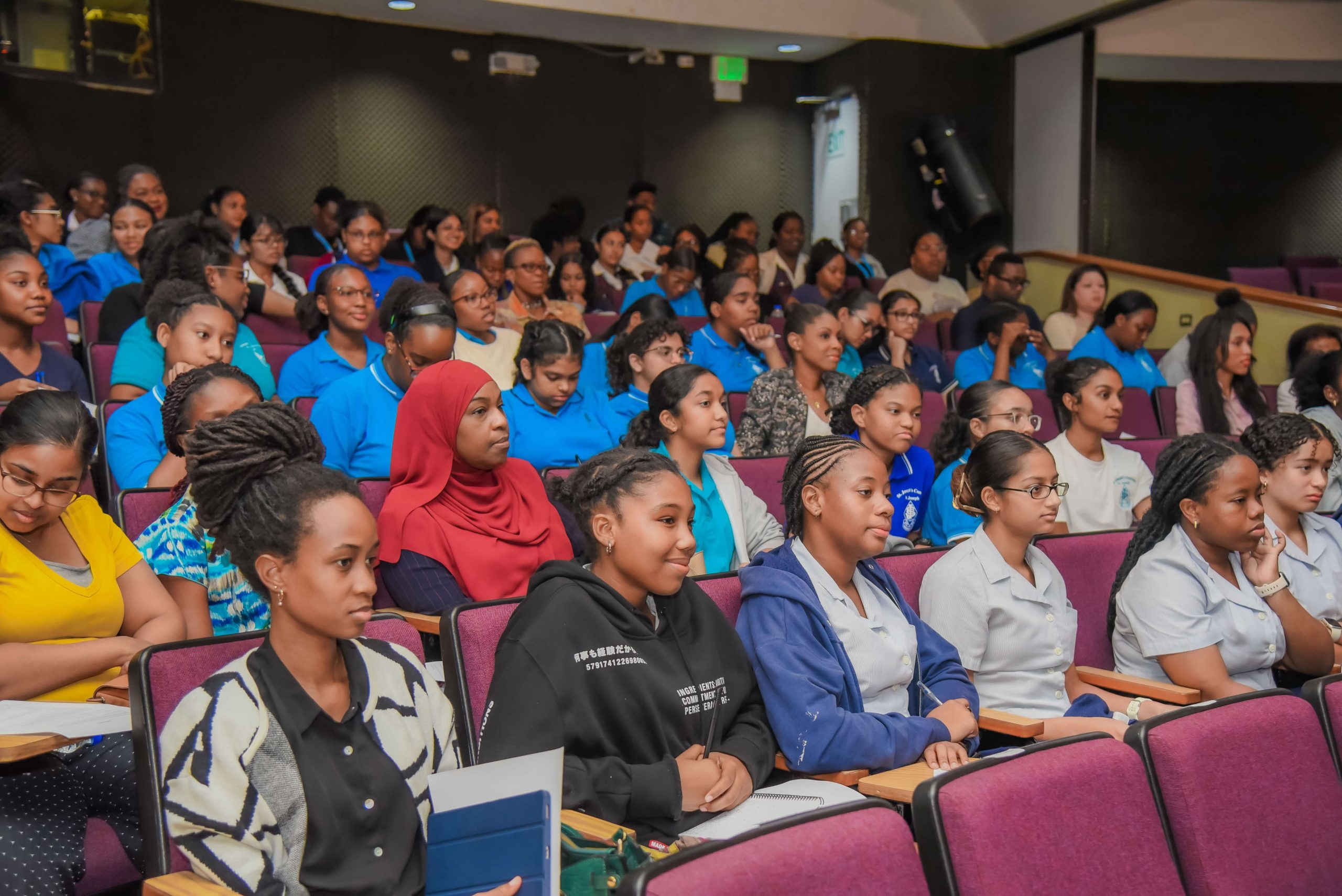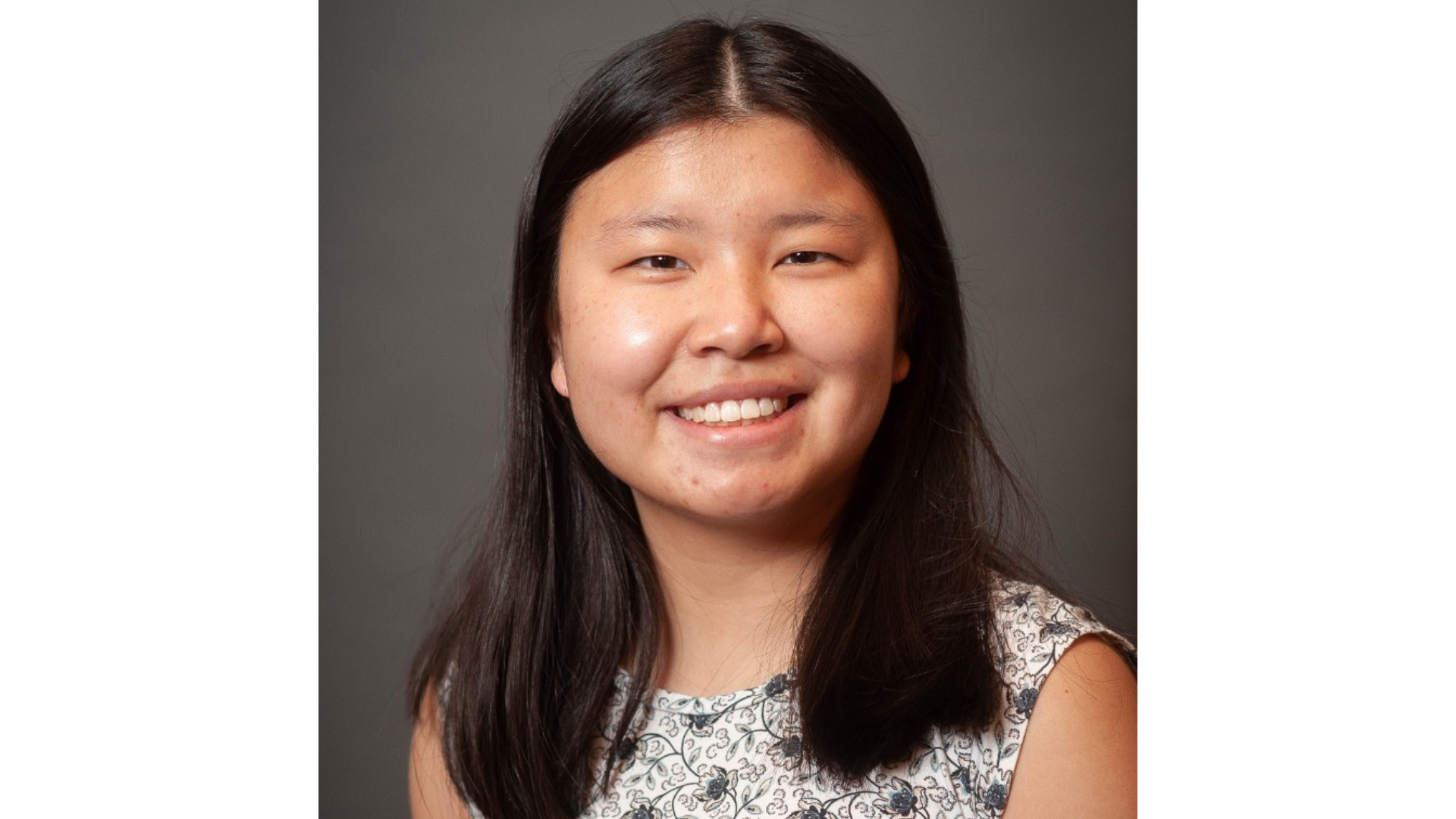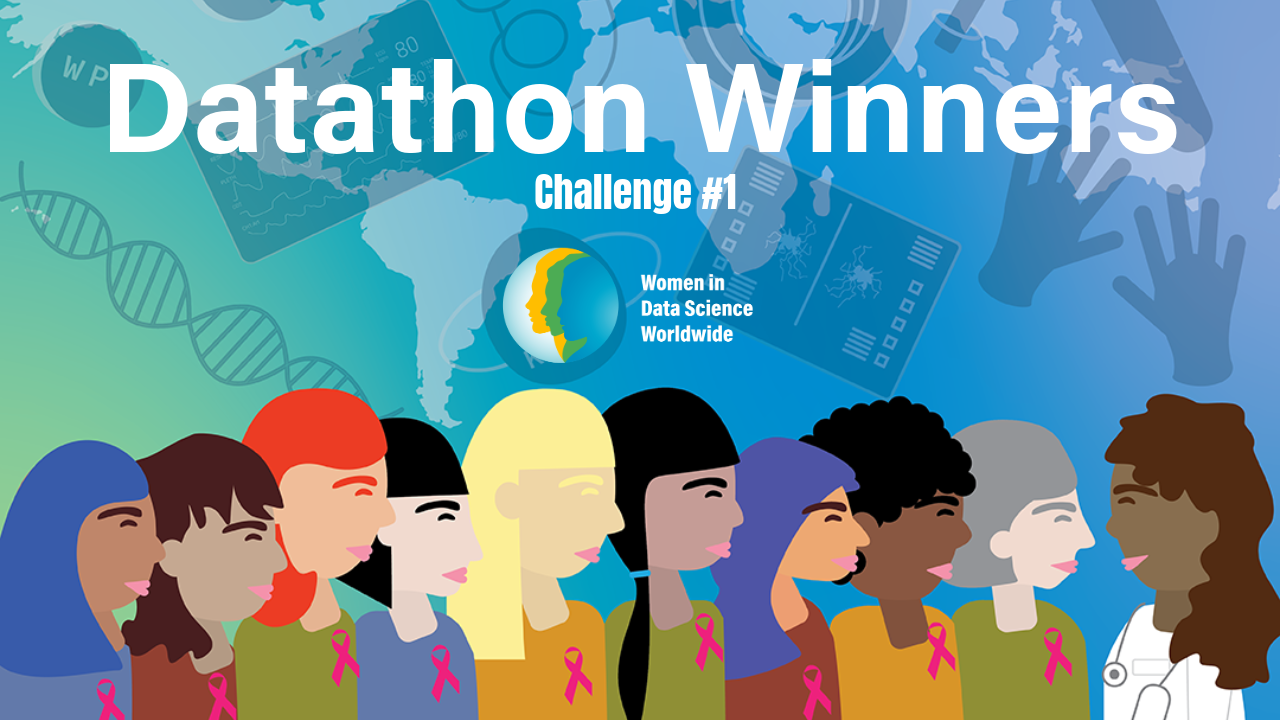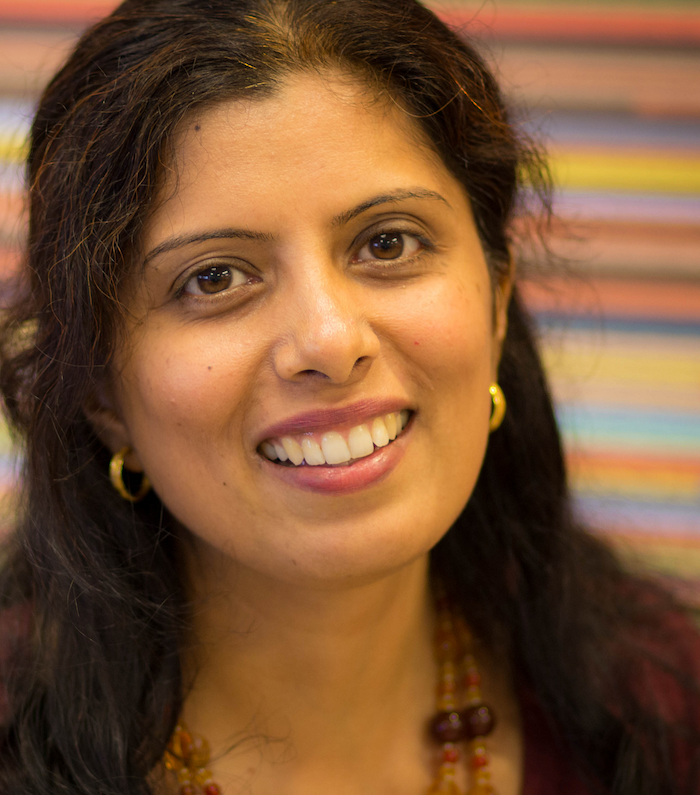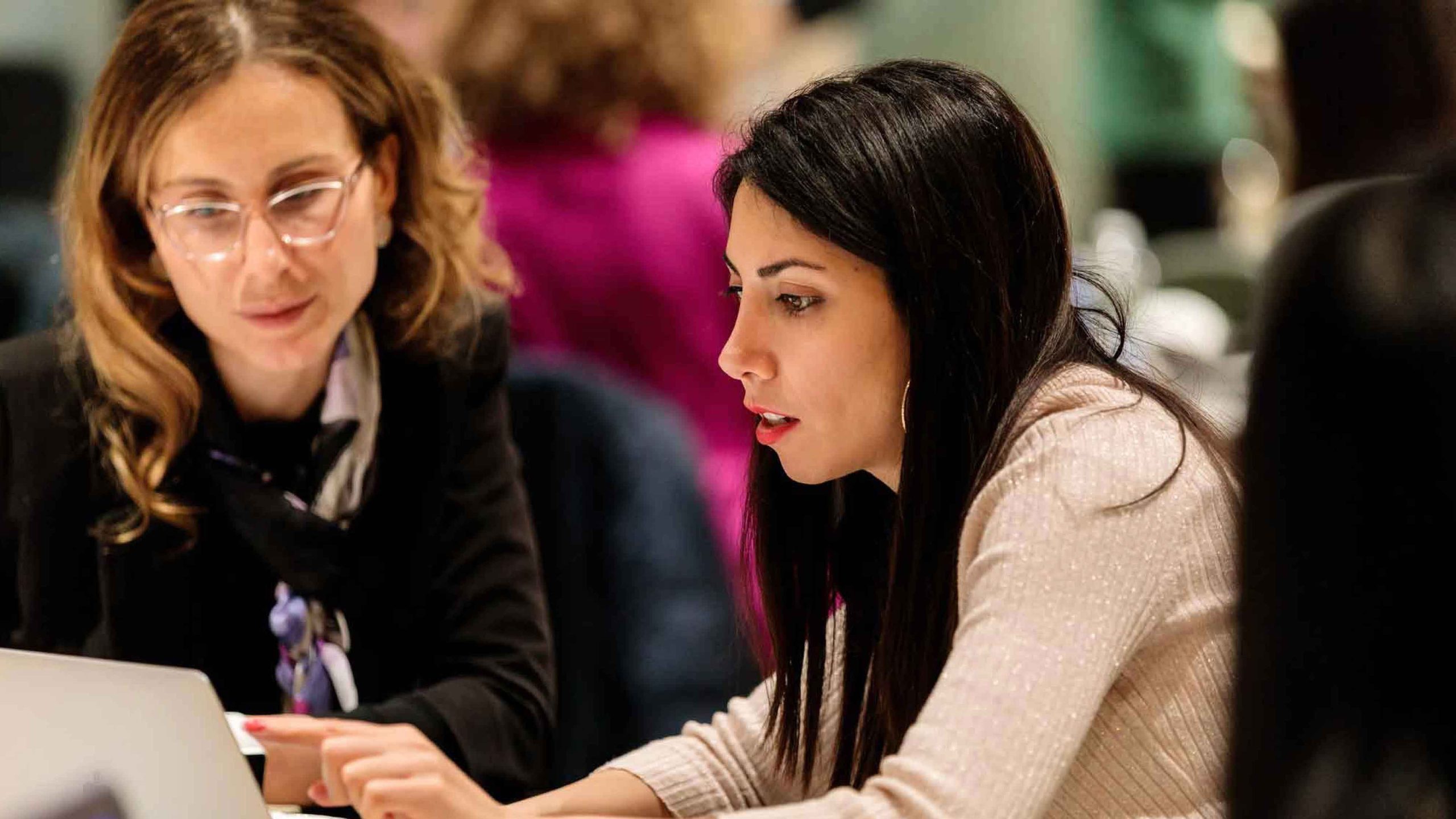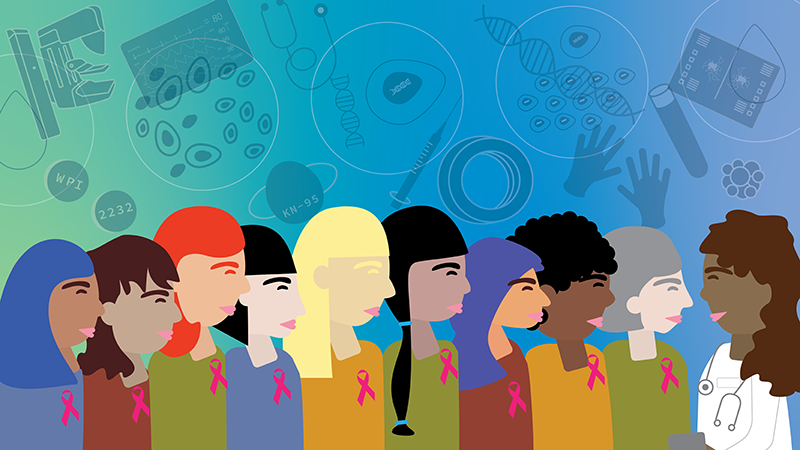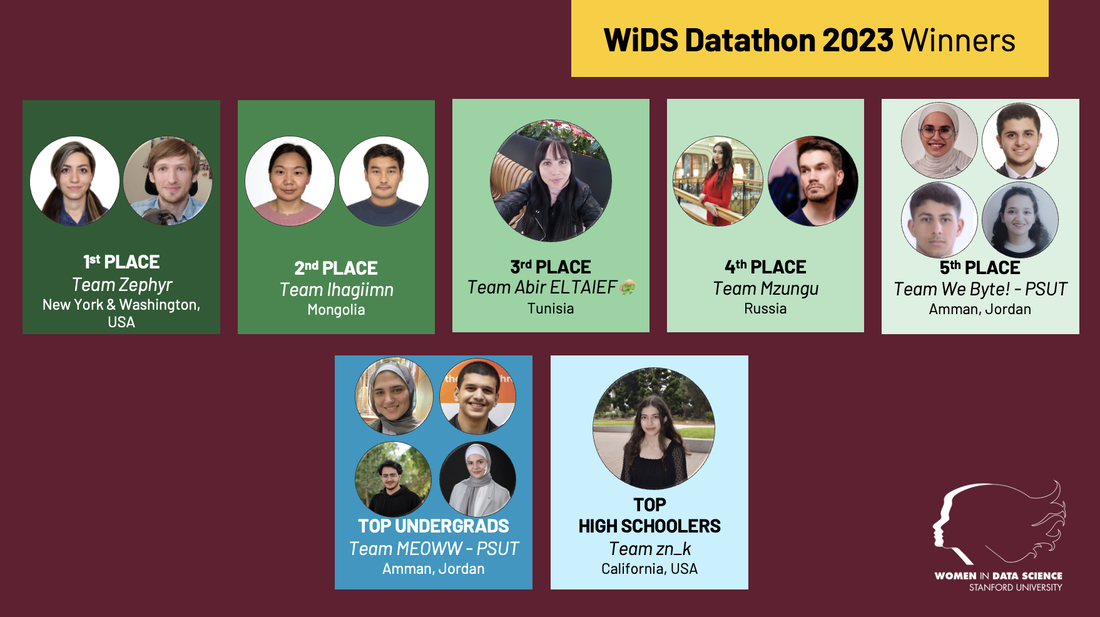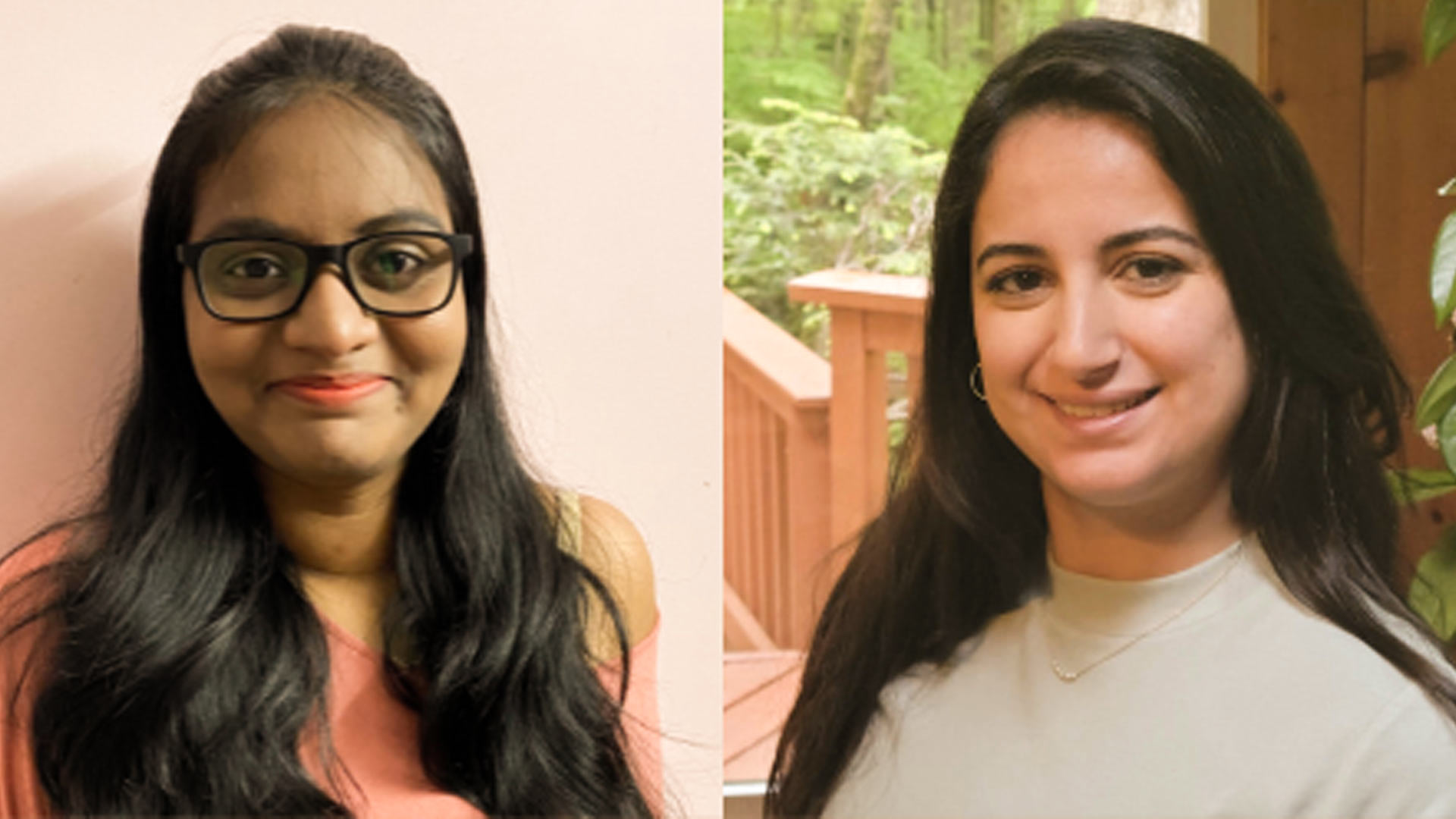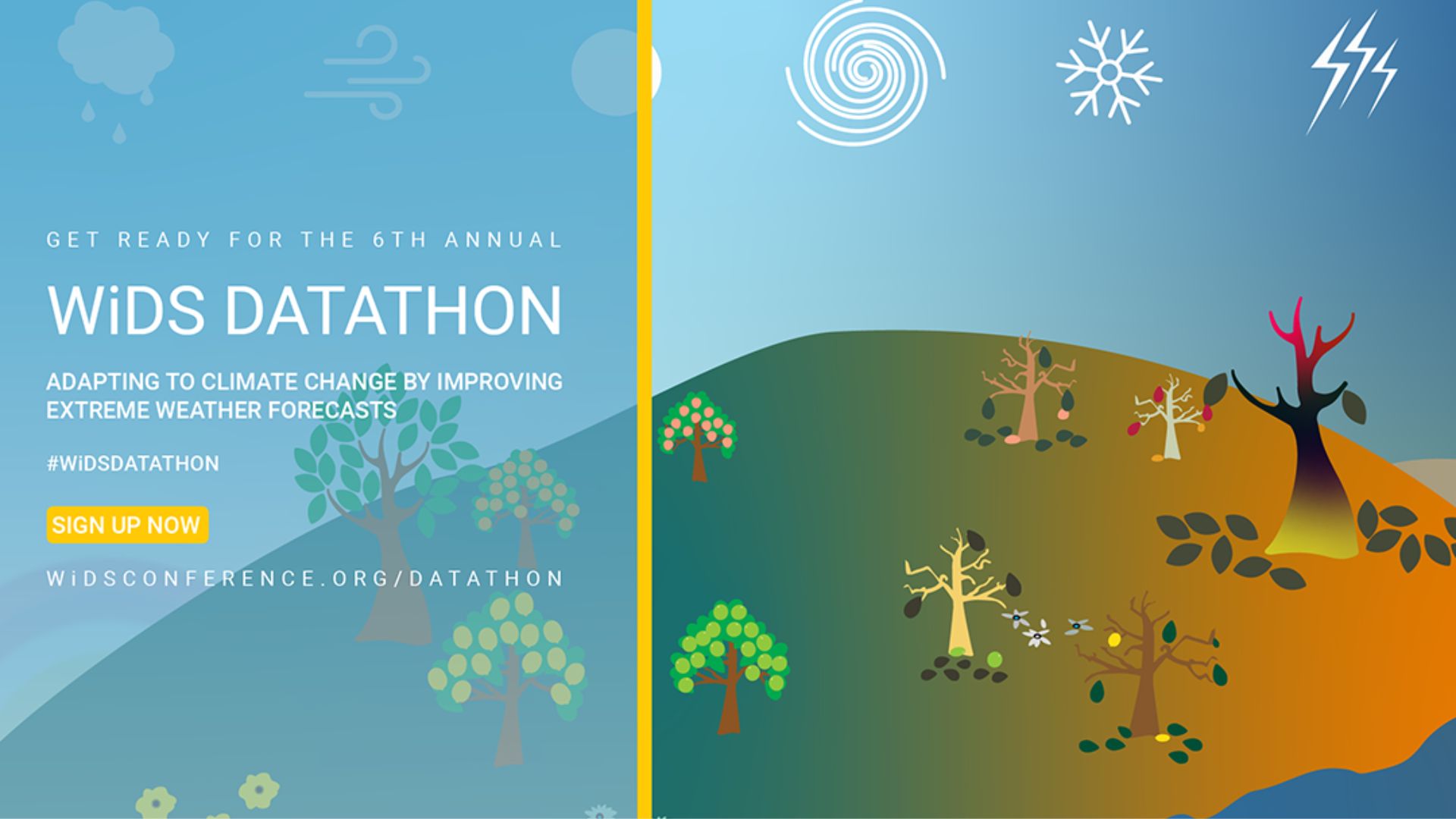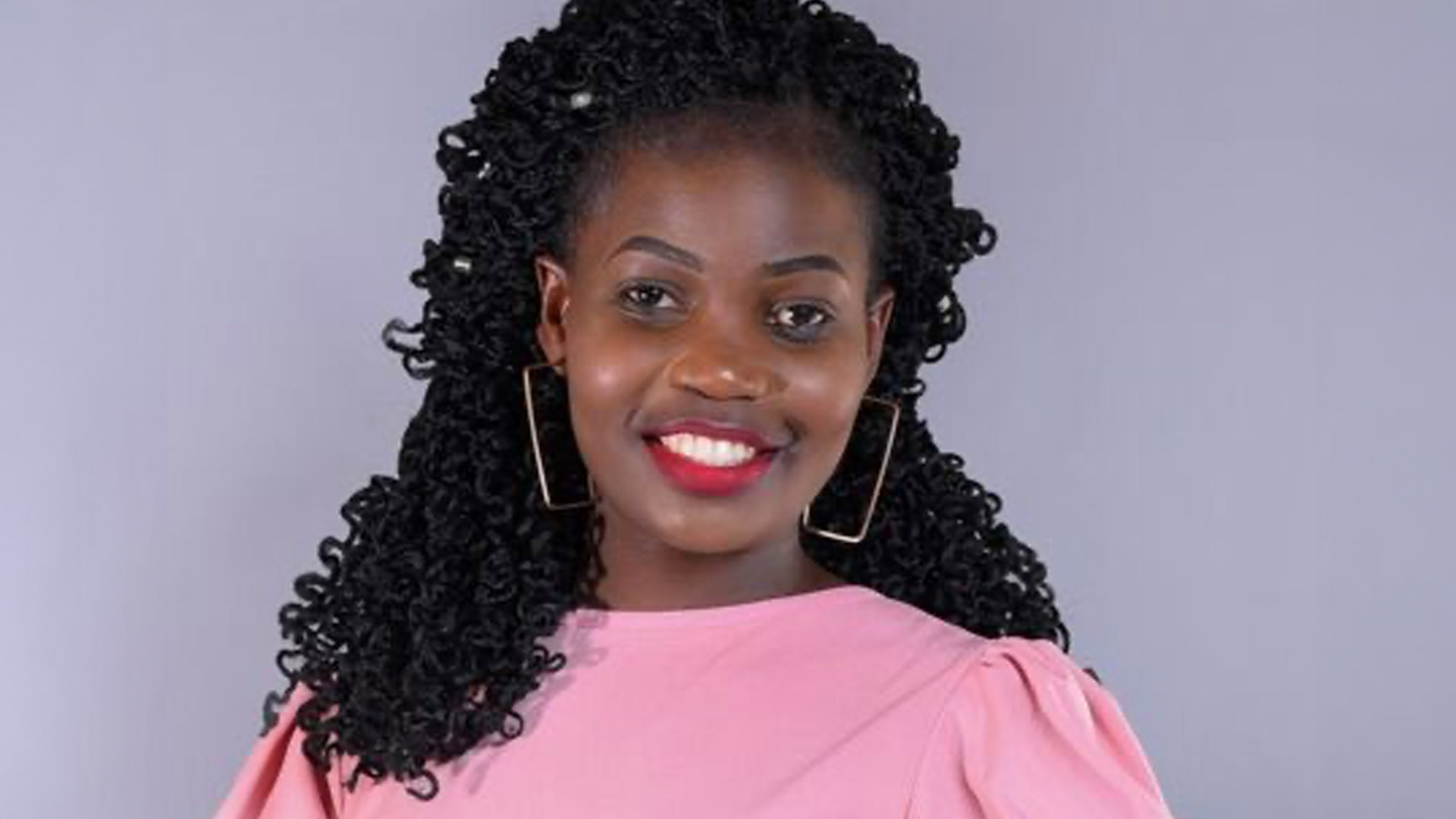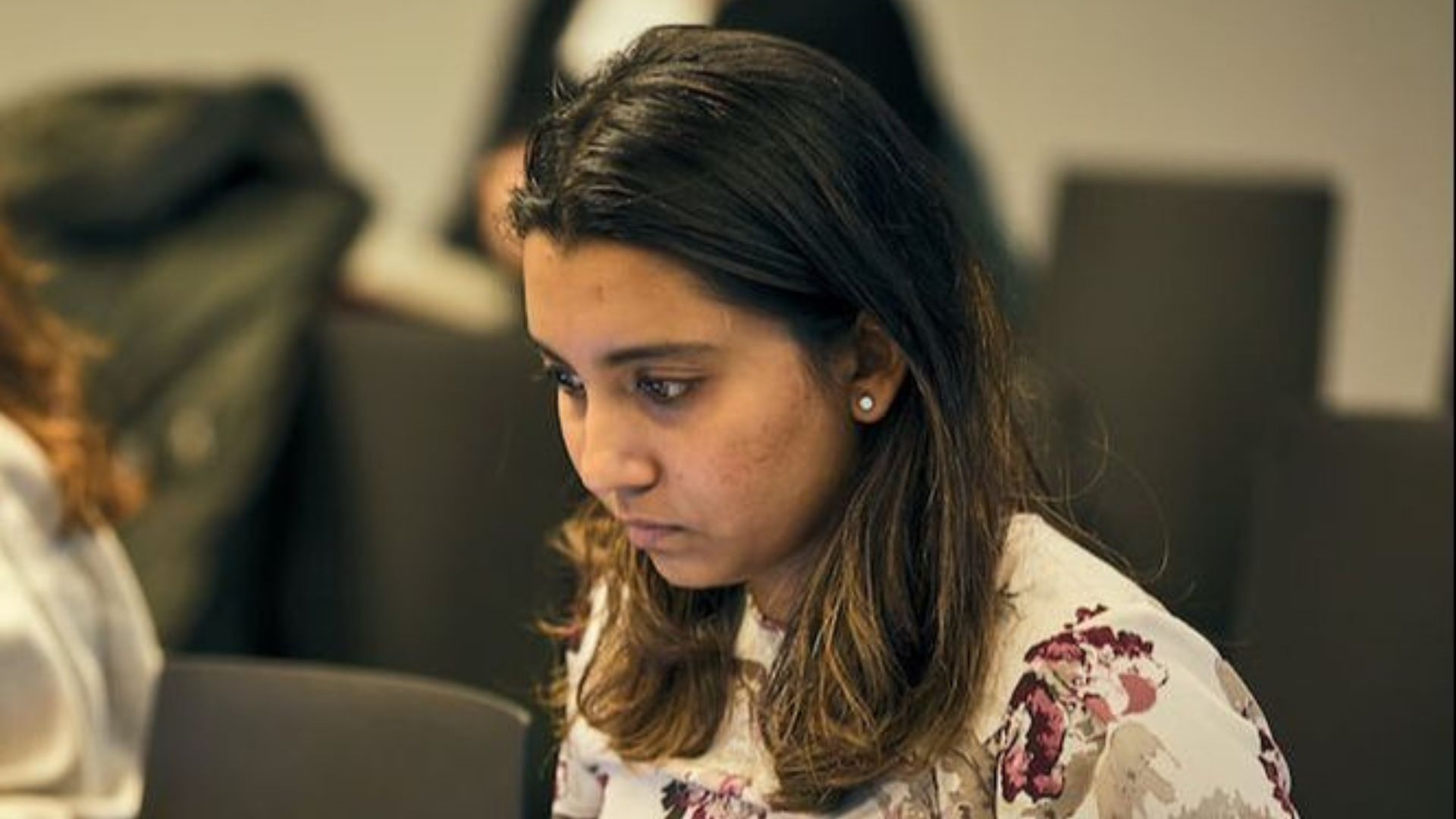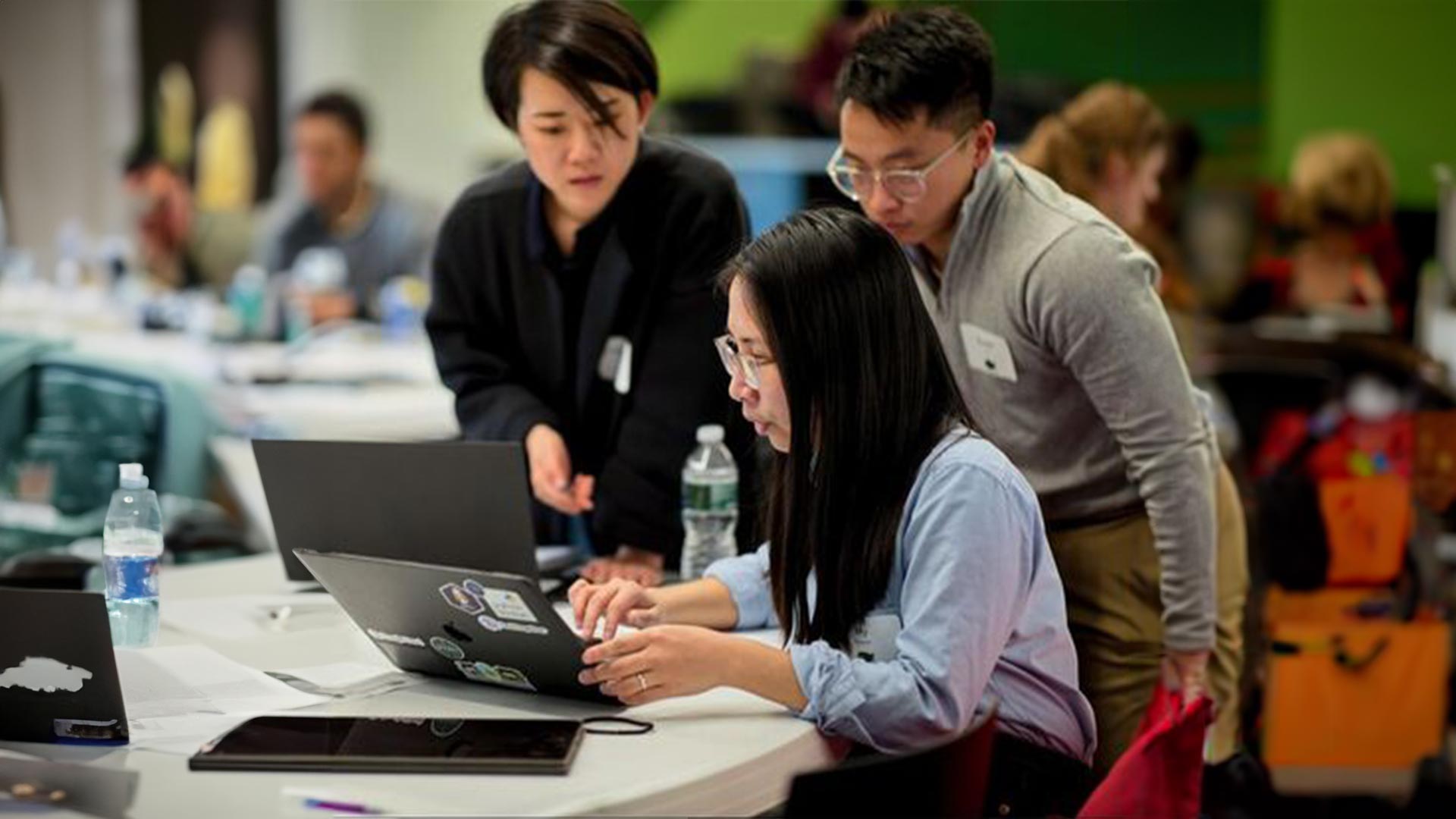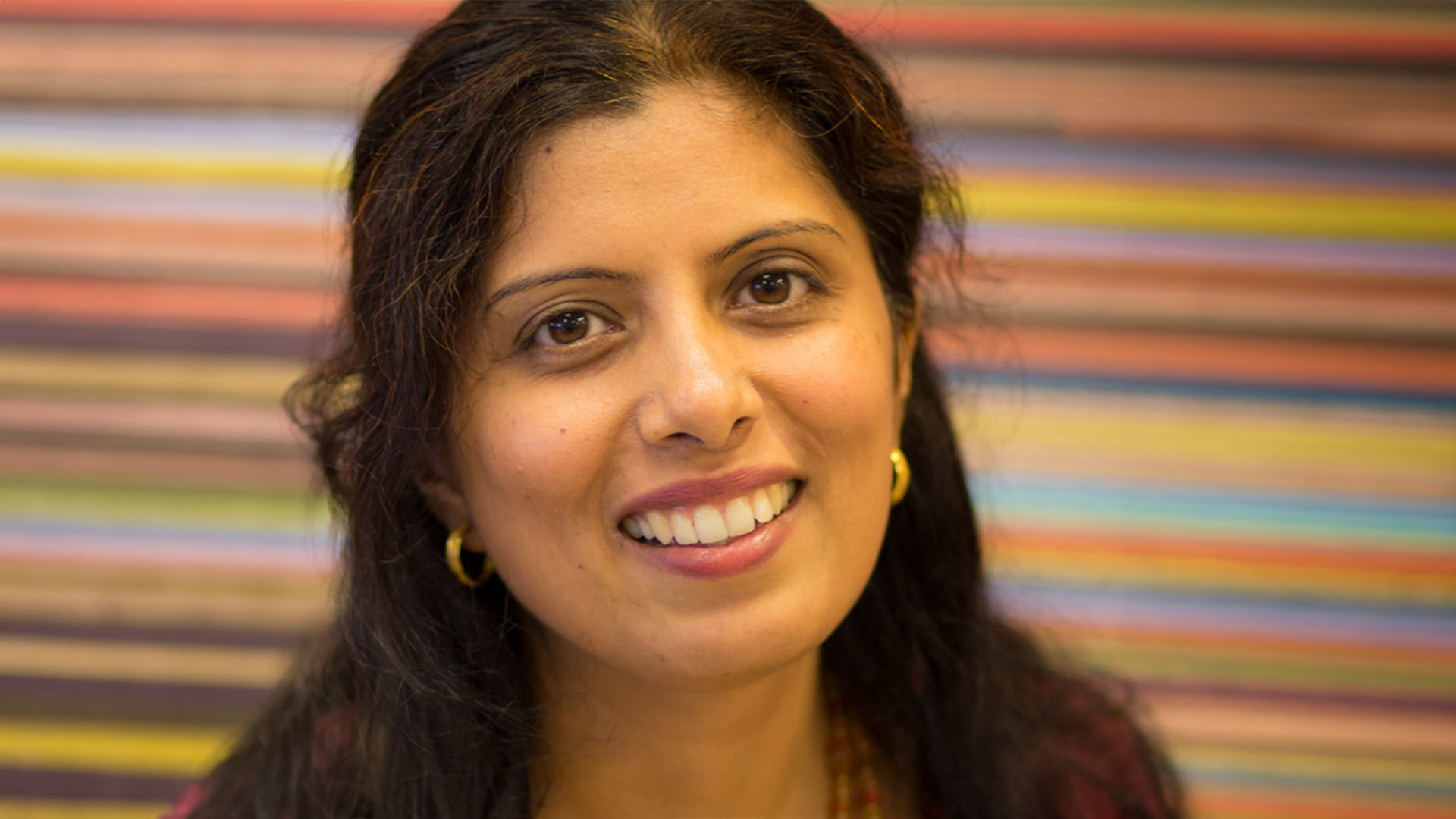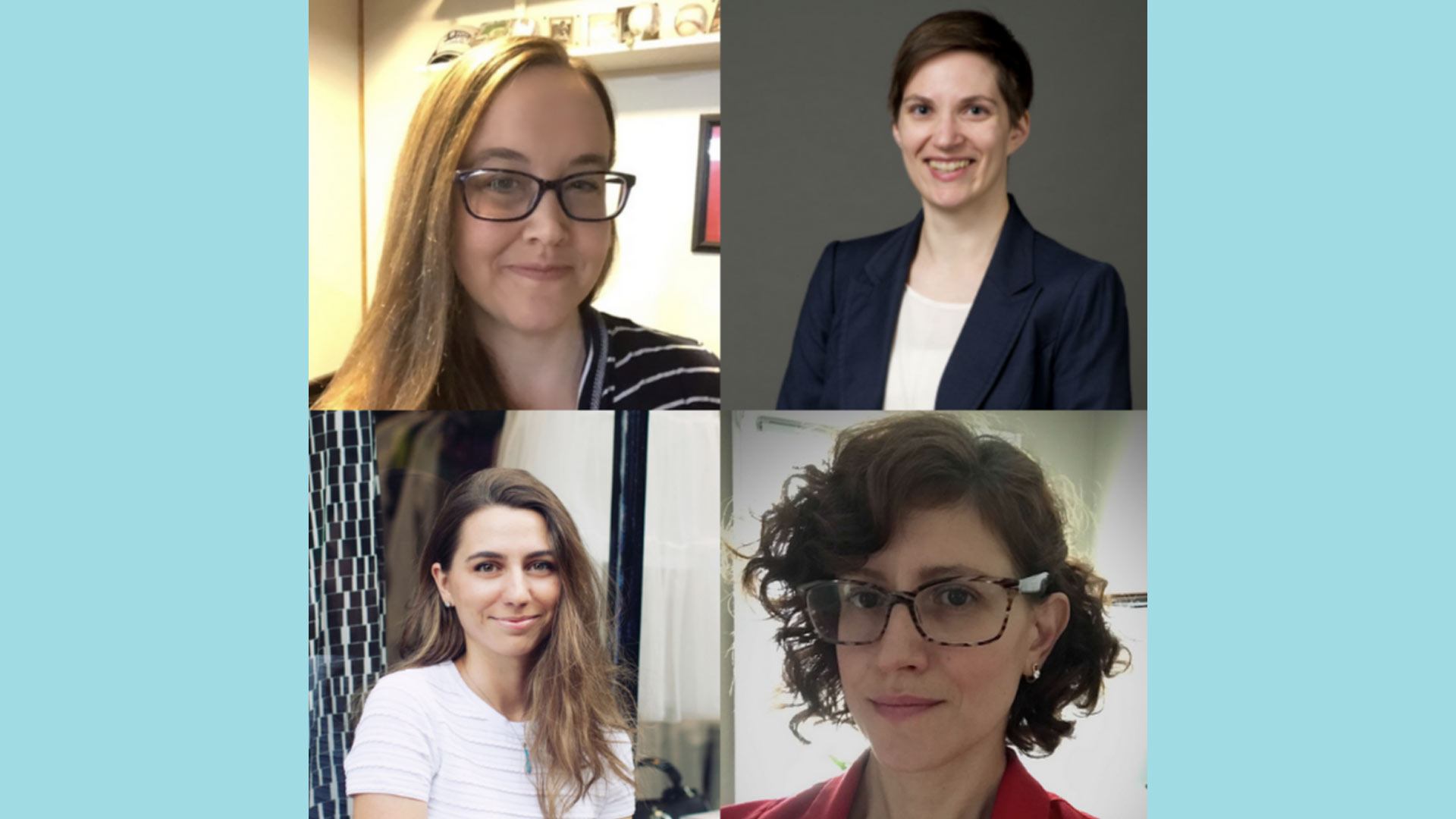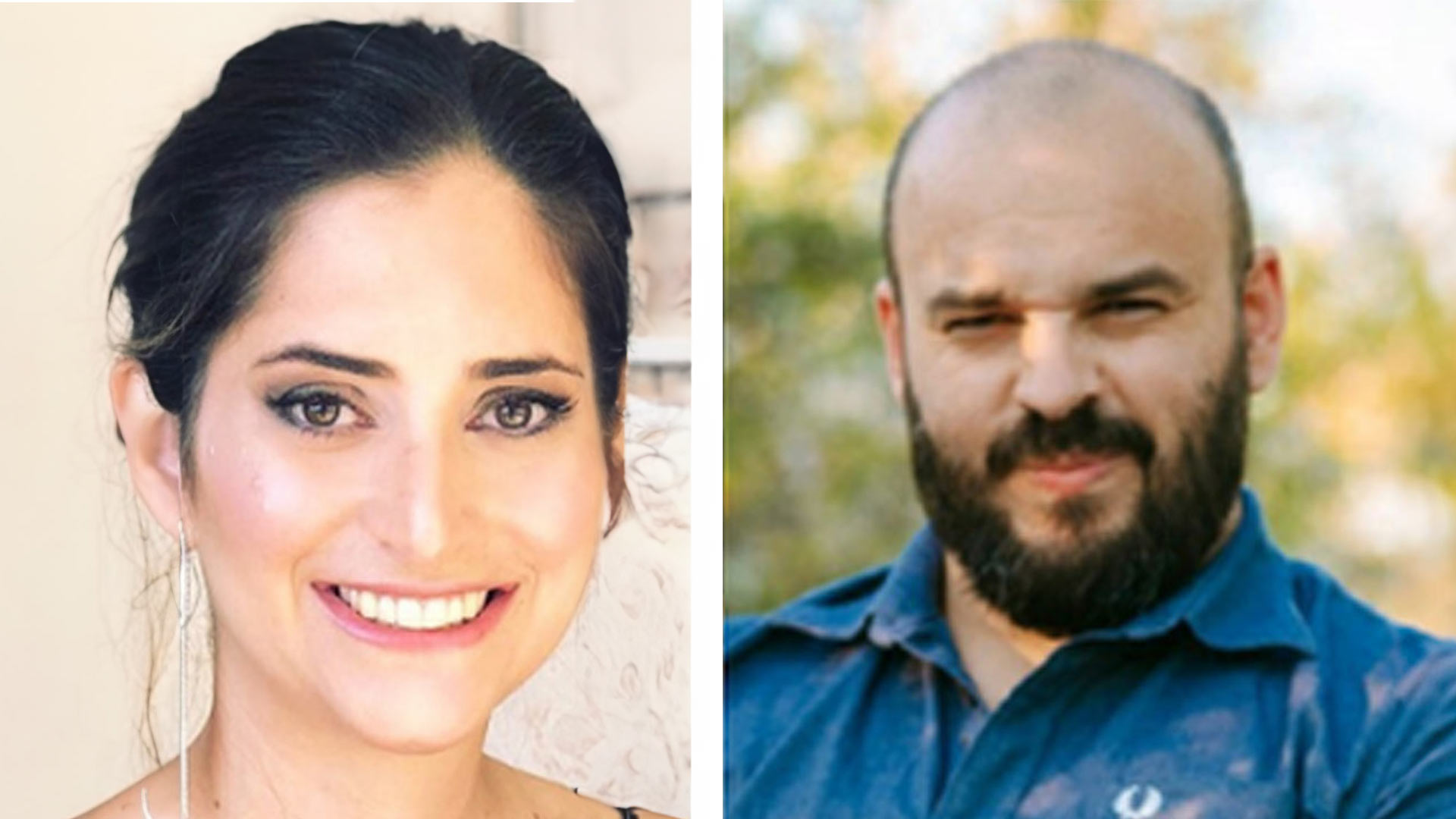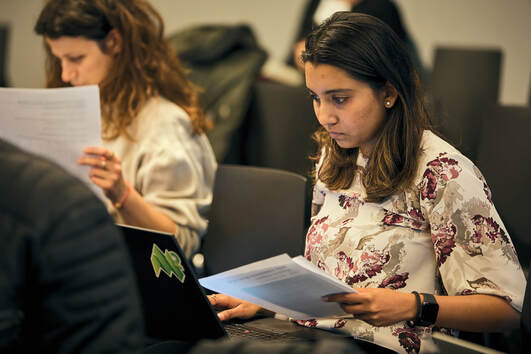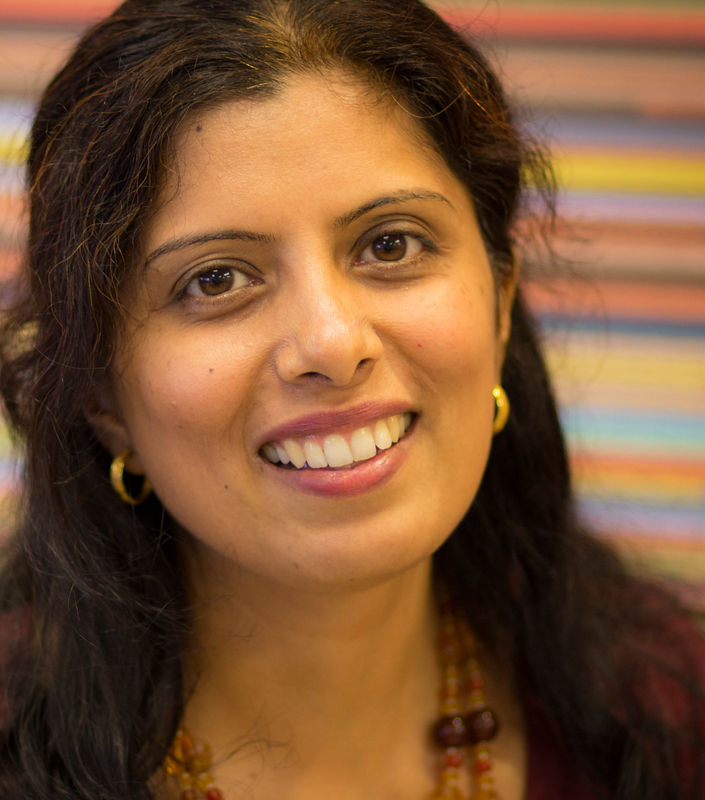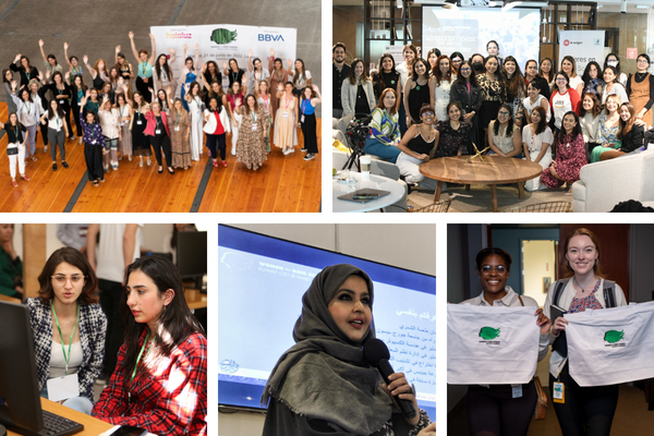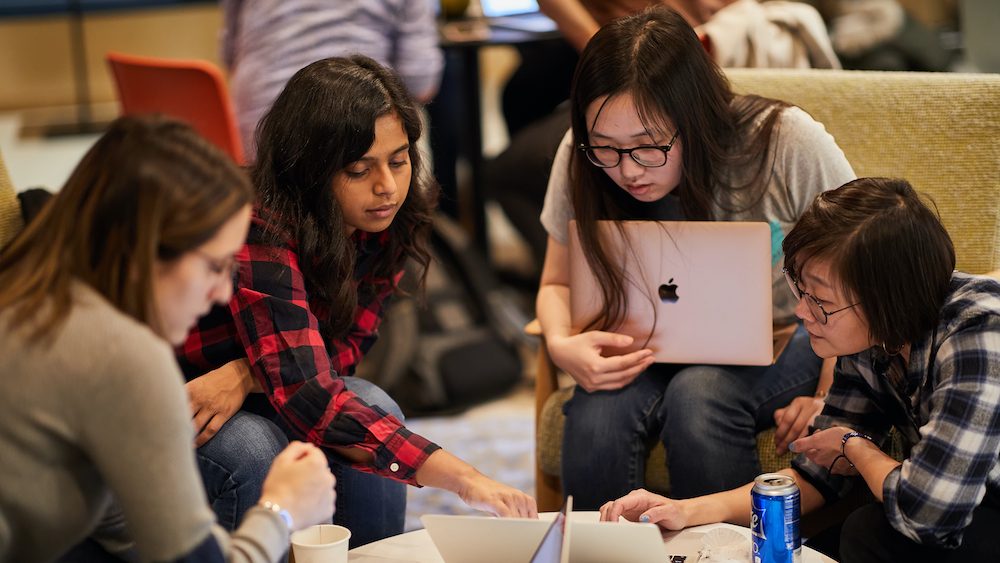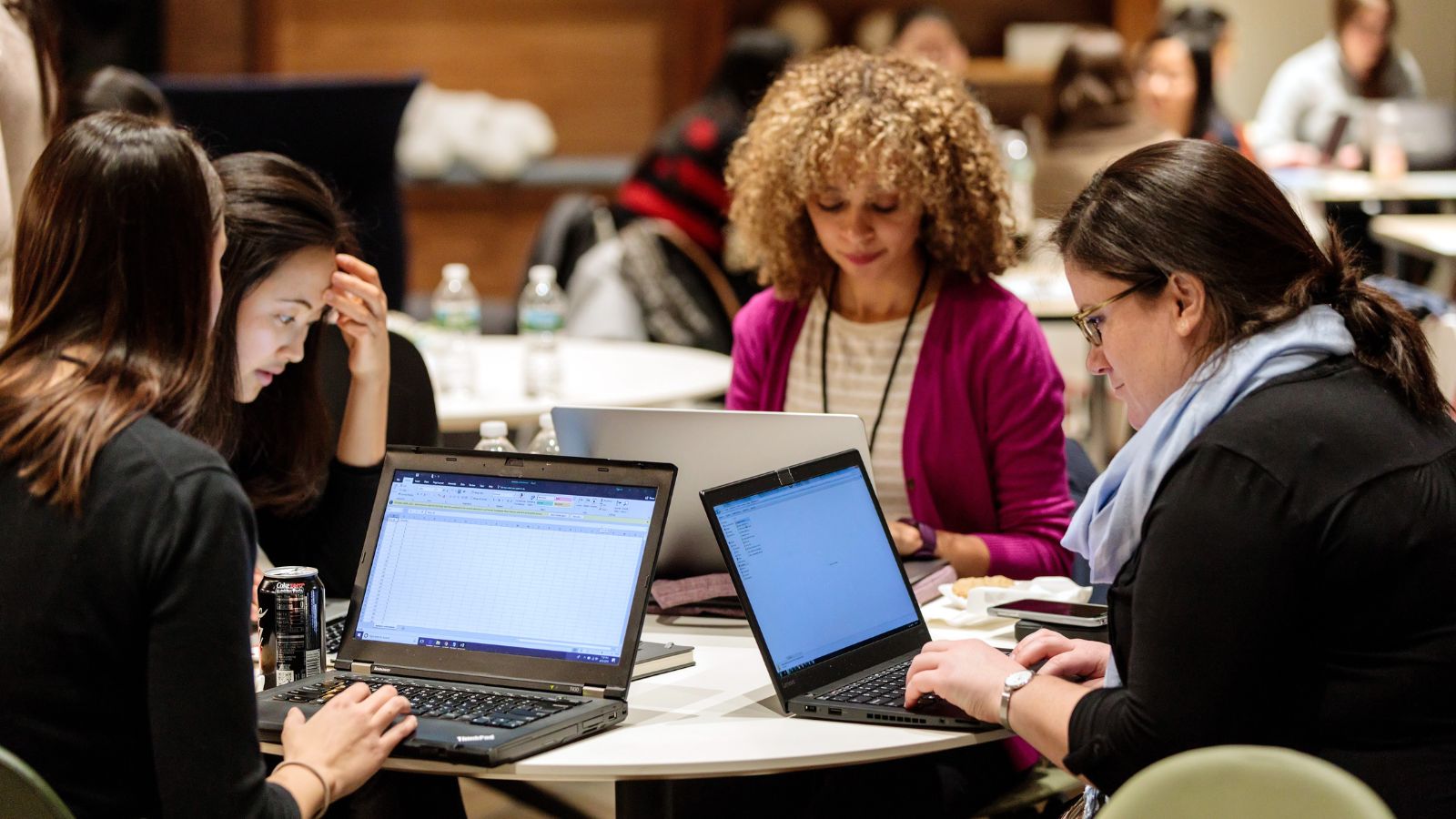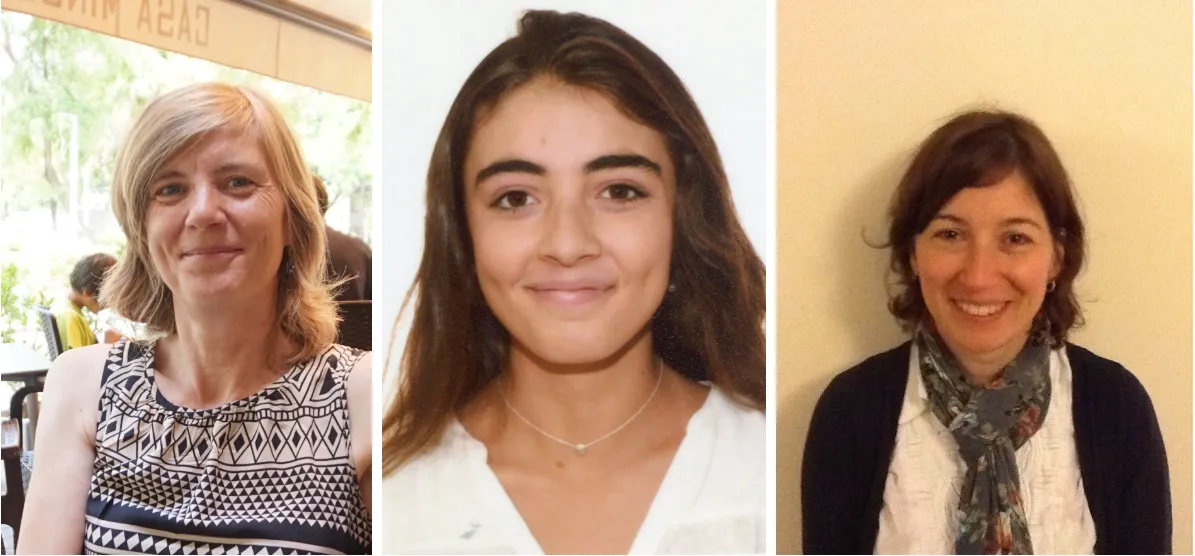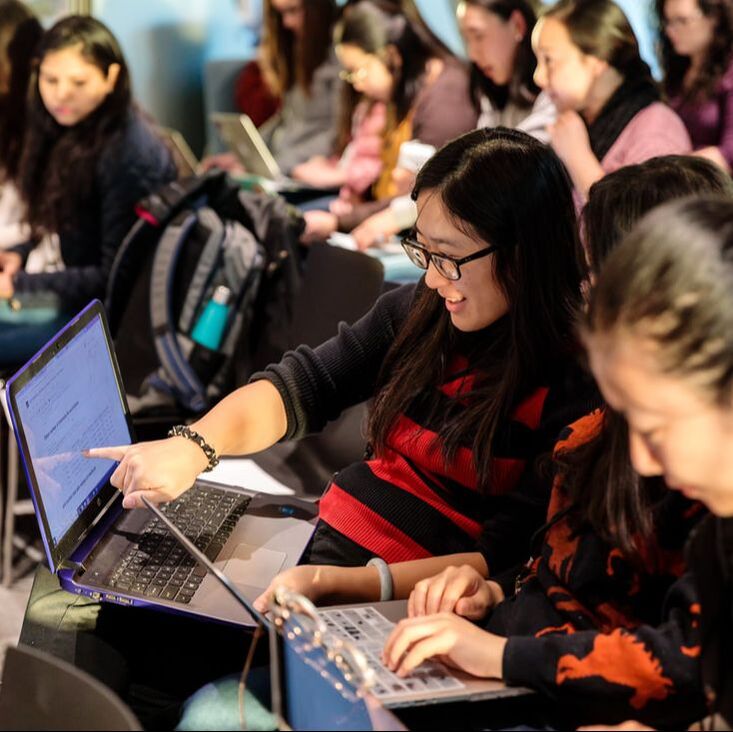

Working with the WiDS Datathon dataset over the past week has been a thrilling exercise. This dataset presents an opportunity to learn about interesting and real-world modeling challenges, and is different from other curated datasets in textbooks and classic machine learning exercises. For that reason, I discuss some of the challenges you may experience around missing data, multicollinearity and linear/ nonlinear approaches. I will also provide resources to help you on these topics.
Working with the WiDS Datathon dataset over the past week has been a thrilling exercise. This dataset presents an opportunity to learn about interesting and real-world modeling challenges, and is different from other curated datasets in textbooks and classic machine learning exercises. For that reason, I discuss some of the challenges you may experience around missing data, multicollinearity and linear/ nonlinear approaches. I will also provide resources to help you on these topics.
Working with the WiDS Datathon dataset over the past week has been a thrilling exercise. This dataset presents an opportunity to learn about interesting and real-world modeling challenges, and is different from other curated datasets in textbooks and classic machine learning exercises. For that reason, I discuss some of the challenges you may experience around missing data, multicollinearity and linear/ nonlinear approaches. I will also provide resources to help you on these topics.
Two women on different sides of world who had never participated in a Kaggle competition came together as a team to compete in the WiDS Datathon 2022—leading to new skills, confidence, and a lasting friendship. The datathon goal was to analyze the energy efficiency of buildings. Participants analyzed regional differences in building energy efficiency, creating models to predict building energy consumption, an important first step in understanding how to maximize energy efficiency.
We asked Pravallika Myeni and Anissa Amziani to tell us more about themselves and the experience of working together during the datathon competition.
The 6th Annual Women in Data Science (WiDS) Datathon launches in January 2023, in the lead up to the WiDS conferences in March 2023. In this year’s datathon challenges participants…
Working with the WiDS Datathon dataset over the past week has been a thrilling exercise. This dataset presents an opportunity to learn about interesting and real-world modeling challenges, and is different from other curated datasets in textbooks and classic machine learning exercises. For that reason, I discuss some of the challenges you may experience around missing data, multicollinearity and linear/ nonlinear approaches. I will also provide resources to help you on these topics.
Millicent Ochieng is a Data and Applied Scientist at Microsoft Africa Research Institute MARI, a WiDS Kenya Ambassador & WiDS Africa Co-Ambassador.
The WiDS Datathon encourages women to hone their data science skills through an annual challenge focused on social impact, bringing people together across borders to collaborate on teams. This year, the datathon was held on Kaggle from January through the end of February, with over 4,000 participants registered from 95 countries, submitting over 25,000 Kaggle entries. The challenge focused on mitigating the effects of climate change with a focus on energy efficiency, with data provided by partners at Climate Change AI, Lawrence Berkeley National Laboratory, the US Environmental Protection Agency, and MIT Critical Data.
Climate change is one of the critical challenges facing humanity today. Over the past few years, there have been widespread climate-driven disruptive events such as floods and wildfires. The devastation caused by these events has resulted in an awareness of the urgency of the issue. Indeed, people and governments have started working together in the direction of climate-focused coordinated action. At WiDS, we believe that it will be important for future data scientists to gain familiarity with mathematical and statistical models used to model climate data. For this reason, the focus of the WiDS Datathon this year is a climate-focused challenge: prediction of building energy consumption.
Dr. Zaher Ali Al-Sai, a WiDS Ambassador in Jordan, says creating and leading a workshop for the WiDS Datathon expanded her skills and confidence by empowering women in her region.
The WiDS Datathon Excellence in Research Award is an opportunity for WiDS Datathon teams to write papers about their research. The papers are judged on their potential for real-world impact, rigor in scientific methodology, and clarity of communication. Team Parameters Patrol from the United States and the United Kingdom with teammates Natalie Pirkola, Elena Barbulescu, Stacy Forsyth and Kate Tereshchenko won an Honorary Mention for their research paper, Feature Engineering to Improve Performance.
Maya Tadmor-Saghiv and Pavel Vodolazov teamed up to win third place in the 2021 WiDS Datathon and first place for the WiDS Datathon Excellence in Research Award for their paper on practices for handling missing data in ICU predictive modeling. They met during the datathon when they decided to join forces and then went on to collaborate on the prize-winning paper: Bridge Over Troubled Data – Practices for Handling Missing Data in Intensive Care Unit Predictive Modeling.
The WiDS Datathon 2020 currently has 678 teams from approximately 85 countries analyzing 130,000 hospital patient health records — and it’s not too late to join online! WiDS ambassadors and community partners have…
Mother/daughter team Alison Davey/Laura Rico based in Spain and Maria Jimenez-Otero based in the UK collaborated across countries to win second place in the WiDS 2019 Datathon. Alison and Maria, who had met through an online course, both gained confidence and valuable new data science skills as a result of participating and winning the competition.
